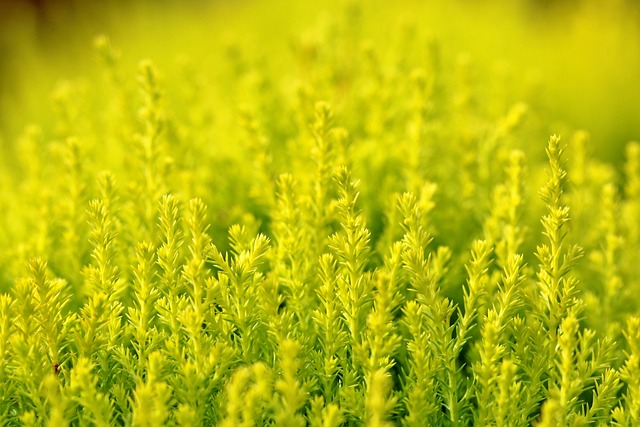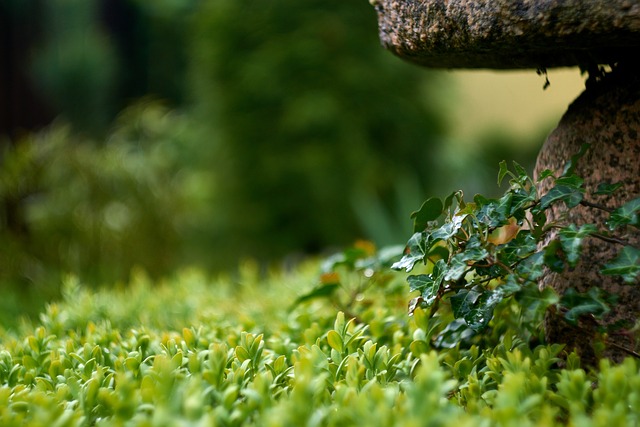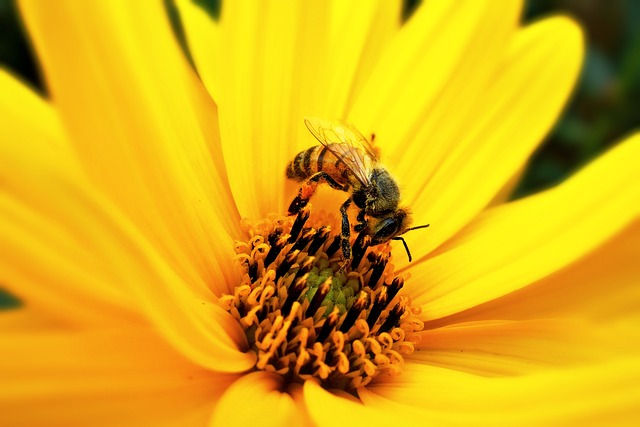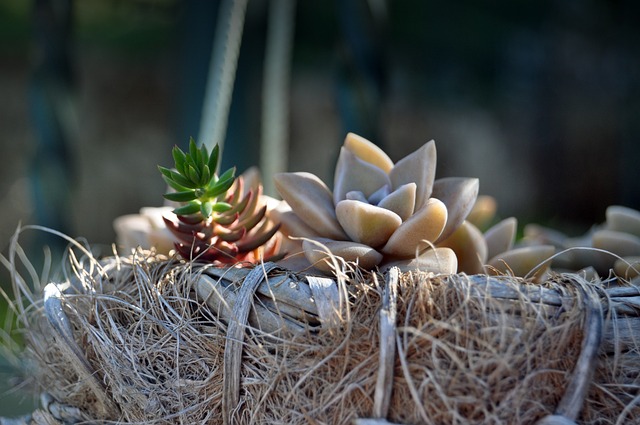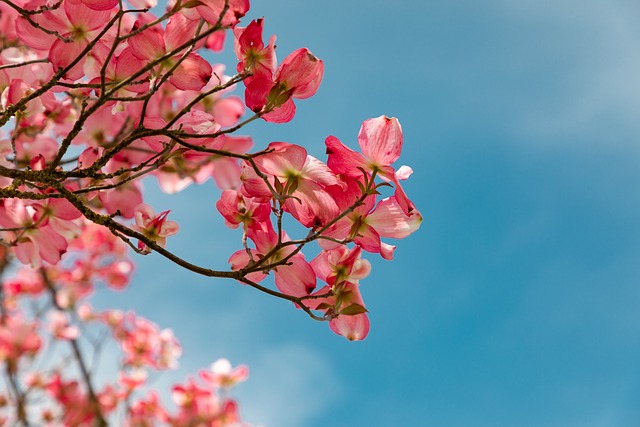
Many people are under the impression that horticulture is difficult, but it’s actually quite simple if you know exactly what to do. With the correct knowledge, anyone can be an expert gardener. You can greatly increase your horticulture skills by applying the suggestions you will read in this article.
If you have a wall or fence that you do not like, plant climbers to mask its appearance. Many climbers can cover the wall or fence in as little as one growing season. You can also train climbers to cover arbors and other things that you want covered, and they will even grow right through trees and shrubs. Some may need to be attached to a support, and others will attach themselves to any surface using their twining stems or tendrils. Climbing roses, honeysuckle, wisteria, clematis, and jasmine are some great plants to try out.
Before you plant anything in your garden, have the soil checked. Consider getting a soil analysis and working on enrichment techniques for giving your garden a vibrant and healthy environment. A lot of Cooperative Extension locations offer this service, and you can prevent ruining a few crops by identifying the specific steps to take.
For an unusual, but effective, organic solution to weeding young plants, try “boiling” the weeds away. Any vessel of boiling water that you can carry safely can be used as an organic herbicide. Just pour boiling water directly on top of the weeds cautiously to avoid damaging your plants. The roots of the weeds are damaged by the boiling water which, in turn, inhibits further growth.
You can use natural materials or other plants in your garden to keep away pests. Planting marigolds or onions around the border of your vegetable garden will help repel slugs. You can also mulch around trees and shrubs with wood ash, which drives away insects. Using methods like these eliminates the need for chemical pesticides, which can be harsh or even harmful.
If you are growing a vegetable garden, you may find that pests can be difficult to control. It’s likely you don’t want to spray pesticides around the vegetables you intend to eat. One way that you can help control garden pests is to remain vigilant. When you catch a potential infestation early, the solution may be as simple as picking the pests off of your plants with your fingers.
Working in your garden is an excellent way to relax yourself. There are numerous avenues to pursue when attempting to find your personal peace and relaxation. Gardening is a great way to achieve this satisfaction. While you do have to invest a little bit of money, the returns on that are huge. The biggest dividend is the emotional satisfaction of planting and growing greens on your own.
While you garden, it’s important that you wear the right clothing to protect your skin from the damaging rays of the sun. This includes wide-brimmed hats, sunscreen, and sunglasses. When you protect yourself against the sun’s rays, you are more likely to avoid both skin cancer and sunburn.
Heather can bring helpful critters into your garden. Heather is very attractive to bees, and when bees first emerge in the spring, it is an early source of nectar. Spiders, ground beetles, and other useful insects spend time in undisturbed heather beds. Keeping this is mind, you need to wear gloves when you prune your heather!
Asprin will actually help your plants out by killing diseases. To add the aspirin to the plant, dissolve about one tablet and a half into approximately two gallons of fresh water. Simply spray your plants with the mixture, and this will help them fend off various diseases. Apply this solution to your plants every few weeks.
While gardening you must make sure your knees are protected. Bending for extended time periods causes pain for many people. To get down to plant level without pain, try kneeling instead. Many types of horticulture pads and cushions are available so that avid gardeners can kneel for longer periods of time without experiencing knee pain.
If you are interested in sustainable organic gardening, consider keeping part of your property undeveloped so that wildlife can flourish there. Wildlife can help the plants in your garden to thrive, as insects support plant reproduction, while the excrement of many species contains nutrients which can help to fertilize your soil.
To be as efficient as possible in the garden, always have your tools handy. You can keep them in a good sized bucket, or wear utility pants that have plenty of large pockets. Have gloves, small shears, a trowel and any other tools you may need on hand to make it simpler to maintain your garden.
Use approximately two or three inches of natural, organic material as some mulch in every single flower bed. A thick layer of mulch will prevent weeds, reduce watering needs and fertilize your garden. It will also make your flower beds look more finished.
Space is important to remember when planting an organic garden. Many people don’t realize exactly how much space a plant needs when it grows. You need to take into account the plant’s size when it is fully grown, as well as allowing space for air circulation between each plant. Plan accordingly and put an appropriate amount of distance between seeds.
Plant Material
Your compost pile should contain green plants and dried ones in equal amounts. Green plant material can include old flowers, fruit waste, grass clippings, vegetable waste, and leaves. Dried plant material includes straw, sawdust, shredded paper, cardboard, and dried and cut-up woody material. Avoid using animal manure, charcoal or diseased plants in your compost.
Horticulture isn’t hard to do if you understand what to do and how to use the tools you have. By following our tips, you will have all the information you need to create a beautiful showplace of a garden.


